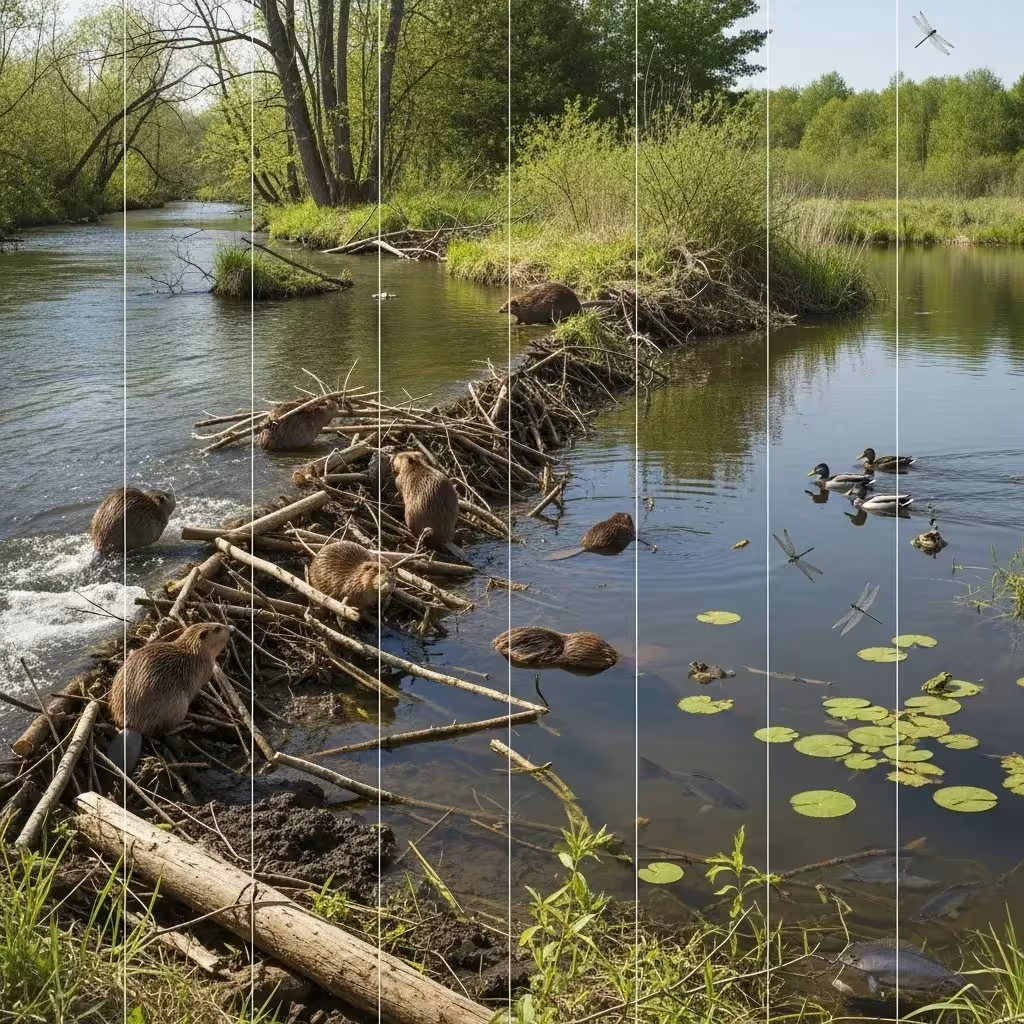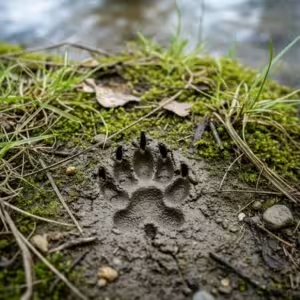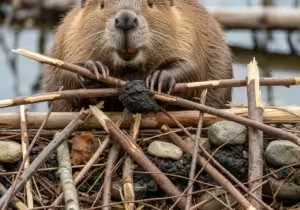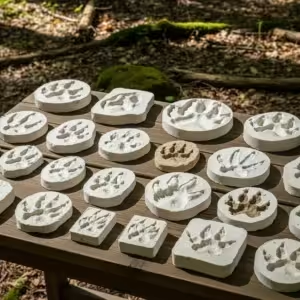
More Than Just a Pond: Why Are Beaver Dams Important for the Environment?
The impact of a beaver dam extends far beyond the water it holds back. The answer to the question, why are beaver dams important for the environment, lies in their role as transformative agents of ecological change. Beavers are a prime example of a keystone species, profoundly influencing their environment and creating conditions that support countless other forms of life.
Beavers as Keystone Species
A keystone species is an organism that helps define an entire ecosystem. Its presence and activities have a disproportionately large effect on its environment relative to its abundance. If a keystone species were to be removed, the ecosystem would change drastically, and in some cases, collapse. By building dams, beavers create and maintain wetland habitats that simply would not exist otherwise, making them one of the most powerful keystone species in North America.
Creating and Expanding Wetlands
The most immediate effect of a beaver dam is the creation of a pond. This impoundment slows and spreads water across the floodplain, saturating the soil and forming a complex of ponds, marshes, and wet meadows. These wetlands are among the most biologically productive ecosystems on Earth. They are biodiversity hotspots, providing essential habitat for a vast array of species that thrive in or around aquatic environments.
Improving Water Quality and Quantity
Beaver dams function as highly effective natural water filters. As streamflow slows down in a beaver pond, sediments, silt, and nutrients like nitrogen and phosphorus settle to the bottom instead of being washed downstream. This process purifies the water, resulting in cleaner, clearer water flowing out of the dam. The dam’s structure can also trap and break down certain pollutants.
Furthermore, these ponds act like natural reservoirs. The slow-moving water has time to seep deep into the ground, recharging underground aquifers. This raises the local water table, making more water available to surrounding plants. During dry periods, beaver ponds release this stored water slowly, helping to maintain streamflow downstream long after undammed streams have run dry.
Drought and Wildfire Resilience
In an era of increasing climate variability, the role of beavers in promoting resilience is gaining significant attention. During periods of drought, the water stored in beaver complexes can be a lifeline for wildlife and vegetation. The high water table associated with these wetlands keeps the surrounding riparian zone—the lush green area alongside a river or stream—hydrated and healthy.
This network of wet, green corridors can serve as a critical natural firebreak. As wildfires burn through dry landscapes, they often slow down, change direction, or even stop when they encounter the moist, less-flammable vegetation of a beaver-created wetland. Researchers studying recent large wildfires in the western U.S. have observed that areas with beaver activity often remain green and unburned, acting as vital refuges for wildlife escaping the flames. More information on the role of beavers in ecosystem restoration can be found through resources provided by agencies like the U.S. Fish & Wildlife Service.
A Home for Countless Species
The new habitats created by beavers directly support an astonishing diversity of life. The slow, deep water is ideal for many fish species, providing refuge and rearing areas. The standing water is perfect breeding habitat for amphibians like frogs, toads, and salamanders. Waterfowl, from ducks to herons, flock to beaver ponds to feed, nest, and raise their young. The dead trees standing in the pond, killed by the flooding, become ideal nesting sites for woodpeckers and other cavity-nesting birds. The abundance of aquatic insects that hatch from the pond provides a rich food source for birds, bats, and fish. Even large mammals like moose are drawn to beaver ponds to feed on the lush aquatic vegetation.















